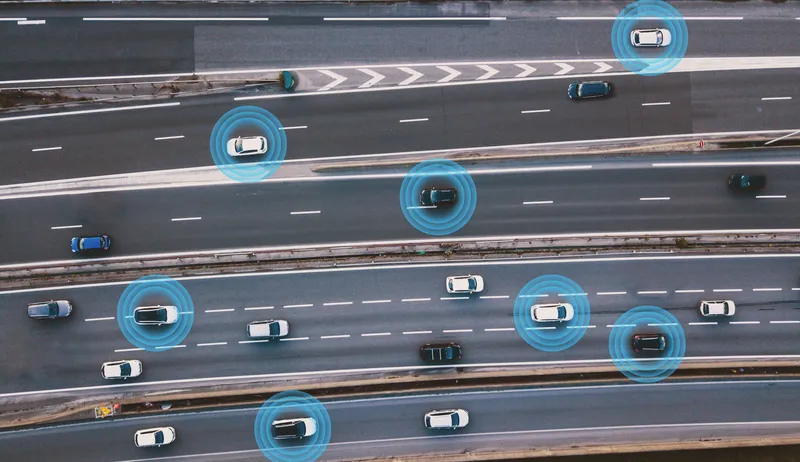
A new lobby group dedicated to accelerating the integration of automated, connected, electric, shared-use vehicles in mobility networks across the US has launched.
The Automated. Connected. Electric. Shared. (ACES) Mobility Coalition, primarily made up of transit agencies, was established "to ensure reforms consider safety, equity, sustainability, and the good-paying jobs associated with an emerging industry".
Focusing on passenger transport, it will engage federal and state policymakers and regulators "to ensure a comprehensive approach to AV deployment, safety, and job creation".
The ACES Mobility Coalition wants an "incremental approach to autonomous travel", with low-speed AVs on planned routes offering the best chance of customer acceptance.
The new group also says it "stands firm on the principle that driver-less mobility does not mean human-less mobility" and will advocate for "policies that will attract and retain manufacturers of this next-generation technology and the jobs they will create".
Ensuring transportation planners can integrate autonomous, connected, electric, shared vehicles into their networks "will address core transportation concerns related to road safety, connectivity, accessibility, congestion, carbon emissions and noise pollution, which are caused and compounded by having too many cars on the road and not enough viable alternatives for shorter trips".
The founding members are:
• City of Altamonte Springs, Florida
• Contra Costa Transportation Authority (CCTA)
• Houston Metro
• Jacksonville Transportation Authority (JTA)
• Lynx
• Metra
• MetroLINK
• Pinellas Suncoast Transit Authority (PSTA)
• The Regional Transportation Commission of Southern Nevada (RTCNV)
• Beep









